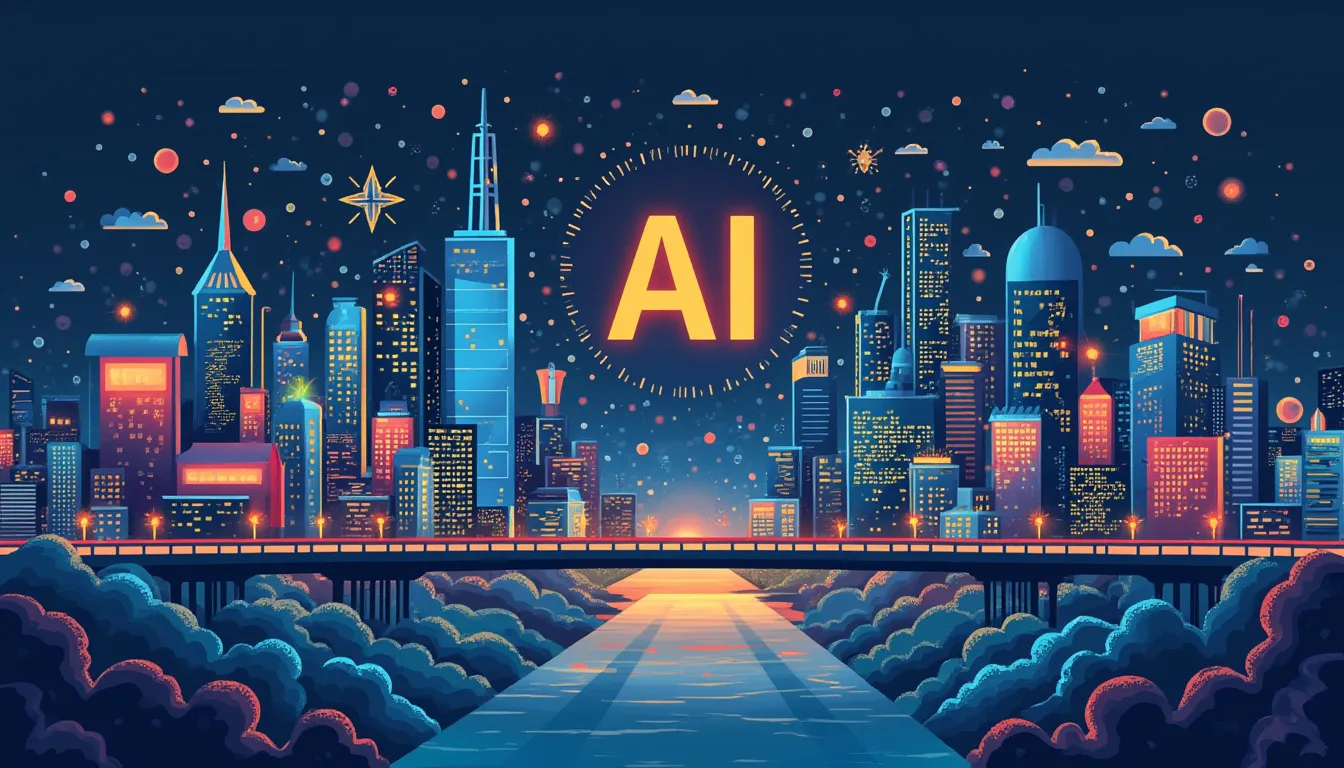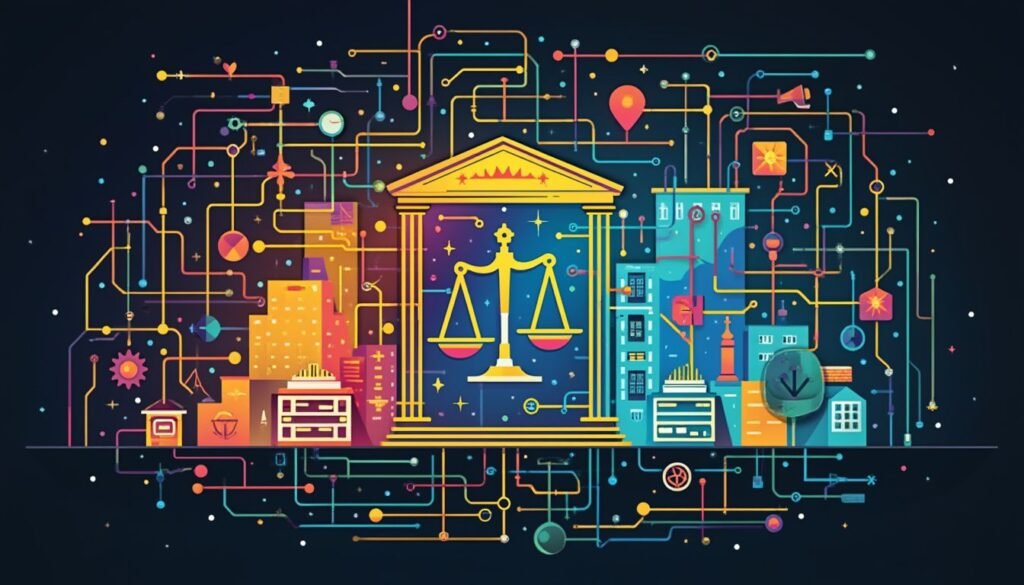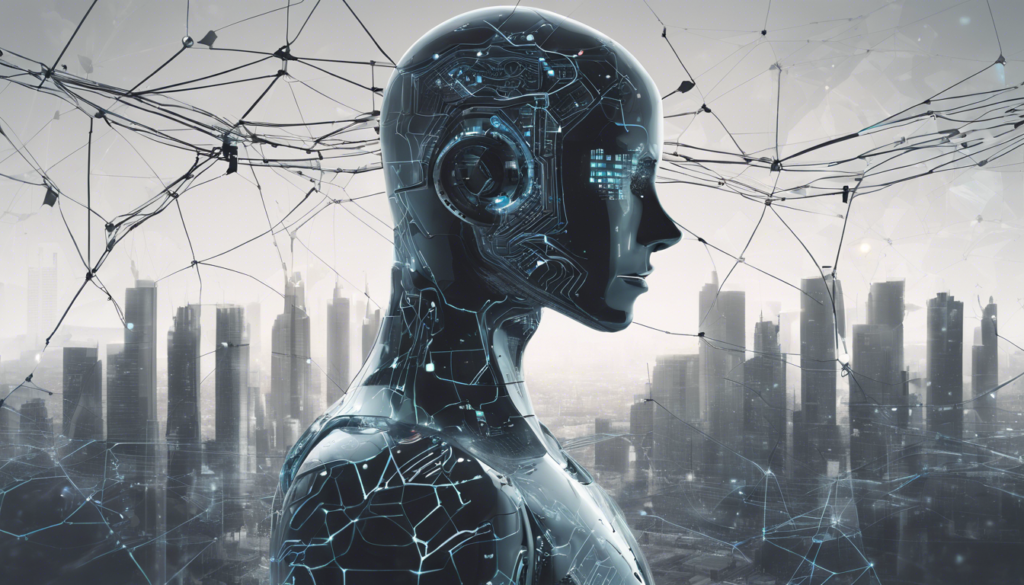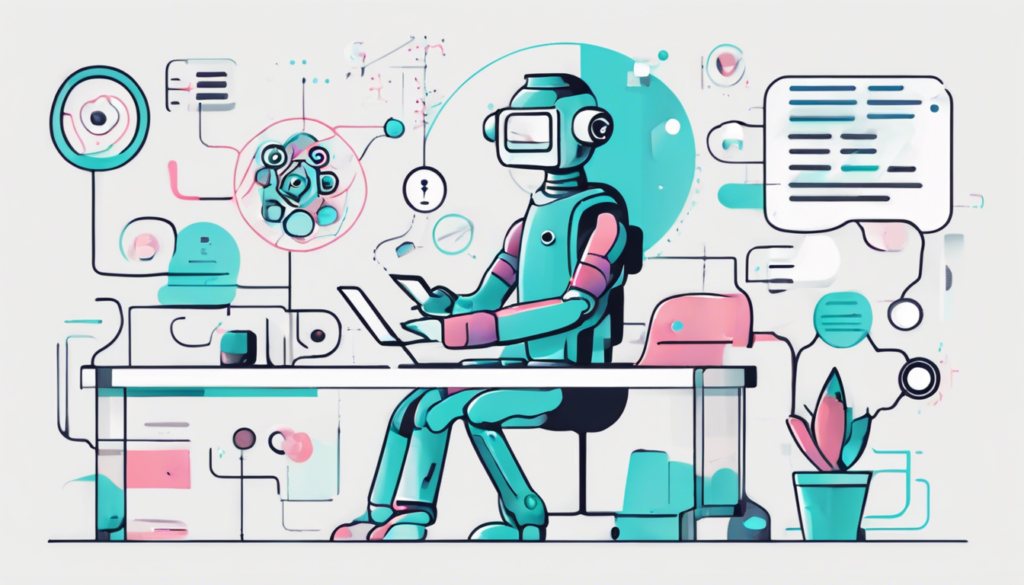In recent months, the development and deployment of AI tools have caught the attention of various industries, demonstrating AI’s versatility and potential to address complex challenges. From facilitating discussions across diverse viewpoints to revolutionizing customer service and healthcare, AI continues to transform the way we approach problems and unlock solutions. Let’s delve into some of the significant advancements highlighted in recent news.
AI Facilitating Deliberative Discussions
Google DeepMind’s latest venture, the Habermas Machine, exemplifies AI’s potential to bridge divides in opinion. As published in the renowned journal _Nature_, this AI tool utilizes advanced algorithms to help individuals with differing perspectives find common ground. By synthesizing opinions and providing comprehensive summaries that reflect a diverse range of views, the Habermas Machine aims to foster understanding and effective dialogue amidst divergent standpoints. This represents a substantial leap in employing technology to enhance human interaction and communication.
Meanwhile, AI’s capability to improve cybersecurity infrastructure is being harnessed by the Department of Homeland Security’s Science and Technology Directorate. They are integrating AI and machine learning technologies to bolster real-time threat management and develop intelligent agents that can preemptively respond to cybersecurity breaches. This initiative not only aims to safeguard digital domains but also aligns with the Cybersecurity and Infrastructure Security Agency’s overarching strategy to counter AI-enabled cyber threats.
Expanding AI Tools in Various Industries
The partnership between Bain & Co and OpenAI is another landmark in the industrial application of AI. Their collaboration focuses on integrating AI tools, such as ChatGPT, within sectors like retail and healthcare. The establishment of an OpenAI Center of Excellence showcases a commitment to crafting tailored solutions that meet specific industry needs. With around 50 dedicated employees, this initiative promises to introduce innovative applications that enhance service delivery and operational efficiency.
In marketing and customer service, Amazon Ads is redefining creative innovation through its AI-powered creative studio and audio generator. These tools significantly lower the barriers to creativity, allowing advertisers to multiply their reach and impact. Furthermore, the rise of AI-powered loyalty platforms like those developed by Antavo, Hype AI, and Treasure Data signal a transformation in how businesses engage with and retain customers, ensuring more personalized and data-driven approaches.
AI in Healthcare
AI’s profound impact on healthcare is evidenced by St. Michael’s Hospital in Toronto’s use of an AI-powered early warning system, Chartwatch. This system has achieved a notable 26% reduction in unexpected death rates by proactively identifying potential health concerns before they escalate. Such applications underline AI’s critical role in enhancing patient safety and care outcomes, presenting new possibilities for early intervention and treatment optimization.
Finally, the widespread adoption of generative AI tools in both professional and personal settings underscores their growing importance. According to a recent NBER working paper, nearly 40% of surveyed individuals have utilized generative AI for tasks such as writing, translating, and administrative functions, highlighting their versatility and integration into everyday tasks. As AI continues to evolve, its influence on various facets of life is likely to expand further, reshaping industries and offering new avenues for innovation and efficiency.




